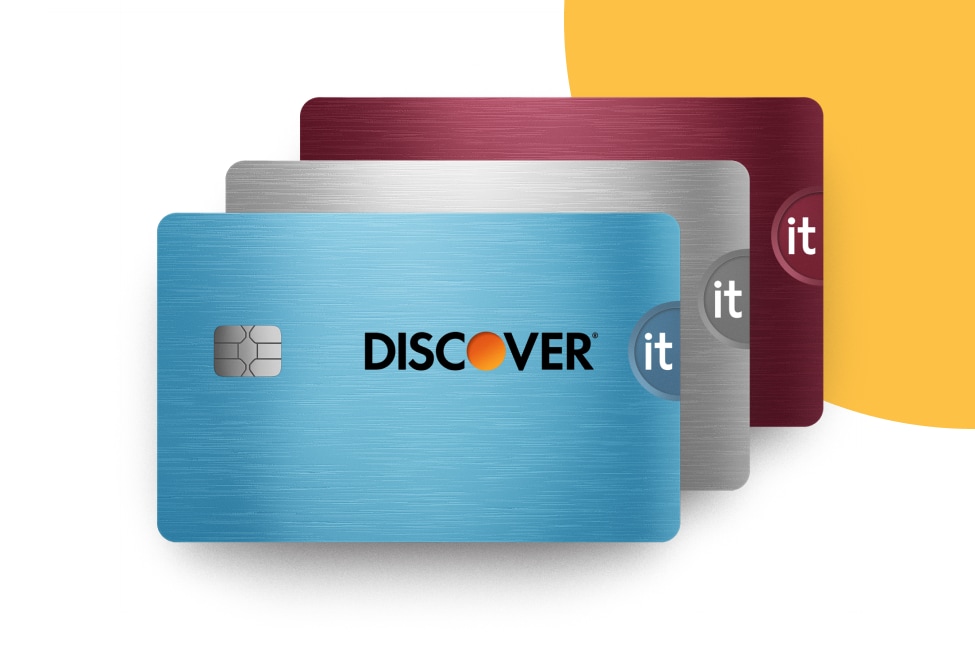If you’re thinking about applying for a credit card, consider your credit needs, financial habits, priorities, and lifestyle.
If you’re new to managing credit, or you want to improve a less-than-ideal credit score, you may consider an option designed to help you build credit history with responsible use, like secured credit cards or student credit cards.
Or maybe you’ve worked hard to build a strong credit history, and now you want to earn more rewards on your everyday purchases. If you often drive long distances, you may want a gas rewards card. Or if you’re always checking out the local food scene, you might want a card that offers bonus rewards at a restaurant. You should also consider whether you’d be willing to pay an annual fee for a rewards card, or if you’d prefer a no annual fee option.
Maybe you’re a frequent traveler who needs a card with travel rewards redemption options and no foreign transaction fee. Perhaps you have high-interest credit card debt and you’re looking for a balance transfer credit card offer with a lower interest rate.
You could find cards tailored to your credit profile and find the best credit card rewards program for you, whether that’s one with cash back, travel rewards, no annual fees, or some combination of features.








